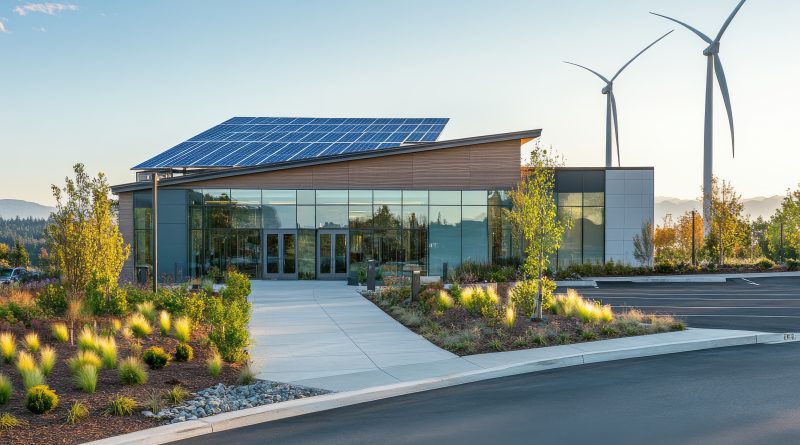Willmott Dixon Takes on £32M Leighton Buzzard Leisure Centre
Willmott Dixon, one of the UK’s leading construction and property services companies, has secured a £32 million contract to develop a state-of-the-art leisure centre in Leighton Buzzard, Bedfordshire. This significant investment underscores the firm’s commitment to enhancing community wellbeing and advancing sustainable building practices. The new leisure centre, set to open in 2025, aims to provide a modern facility that caters to a wide range of recreational activities while prioritising environmental sustainability and inclusivity. As the project kicks off, there is widespread anticipation regarding its potential to transform the local area and serve as a model for future developments across the UK.
The Vision Behind Leighton Buzzard’s New Leisure Centre Is Community-Centric and Sustainable
The new leisure centre in Leighton Buzzard is not just another construction project; it represents a bold vision for a sustainable and inclusive community space. Designed to meet the diverse needs of local residents, the centre will feature a multi-purpose sports hall, a 25-metre swimming pool, a fully-equipped fitness suite, and dedicated spaces for children’s activities and wellness programs. Additionally, the facility will include a café and social areas to foster community interaction.
Sustainability is a cornerstone of the project. Willmott Dixon is integrating several eco-friendly features, such as energy-efficient lighting, solar panels, rainwater harvesting systems, and enhanced insulation to reduce the building’s carbon footprint. The centre is also targeting a BREEAM Excellent rating, which is one of the highest standards for sustainability in construction. Local council representatives have praised the project, noting its potential to create a vibrant community hub that promotes both physical and mental health.
In the UK, sustainable construction is no longer an option but a necessity, and Willmott Dixon is at the forefront of this movement. The company has consistently championed eco-friendly building practices, as demonstrated in several of its recent projects, including the Passivhaus-certified Exeter Extra Care Scheme and the low-carbon Hackbridge Primary School in London. For the Leighton Buzzard leisure centre, Willmott Dixon plans to employ modern construction techniques that minimise waste, use recycled materials, and prioritise local sourcing to reduce transportation emissions.
One of the standout features of this project is the integration of smart building technology to optimise energy use and enhance operational efficiency. The centre will employ automated systems to manage heating, ventilation, and lighting based on occupancy levels, ensuring that energy consumption is kept to a minimum. Furthermore, the use of renewable energy sources, such as solar power, will help the facility achieve its sustainability goals and set a new benchmark for similar developments.
Economic Benefits from the Leighton Buzzard Leisure Centre
Beyond the construction phase, the new leisure centre is poised to deliver substantial economic and social benefits to the Leighton Buzzard community. The project is expected to create hundreds of jobs, both directly and indirectly, during its construction, as well as provide long-term employment opportunities once operational. Local businesses stand to gain from increased footfall, while the addition of a modern leisure facility is likely to attract visitors from surrounding areas, boosting the town’s profile and economy.
Socially, the new centre promises to enhance quality of life by providing accessible recreational options for people of all ages. Research has shown that increased access to leisure facilities can lead to better physical health, reduced social isolation, and improved mental wellbeing. The design of the centre emphasises inclusivity, with facilities tailored for people with disabilities and provisions for low-income families. Similar projects across the UK have demonstrated that such investments in community infrastructure can foster a sense of belonging, reduce crime rates, and create a more cohesive society.
Sources:
